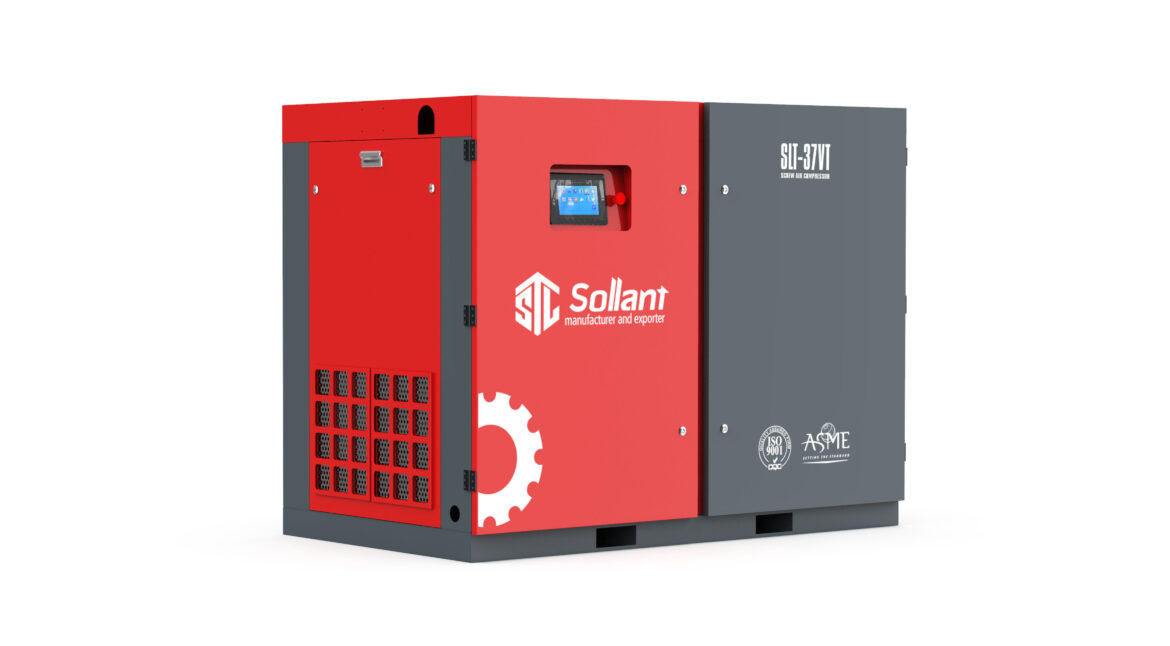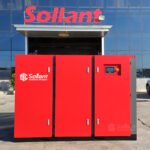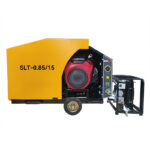The gas storage tank of the air compressor’s post-treatment equipment will accumulate rainwater and condensed water in the air during long-term operation. The moisture will cause certain corrosion to the gas storage tank, and the acidic pollutants in the atmosphere will also cause the steel to naturally vaporize in the atmosphere. Rusty in the environment.
- Types of atmospheric corrosion
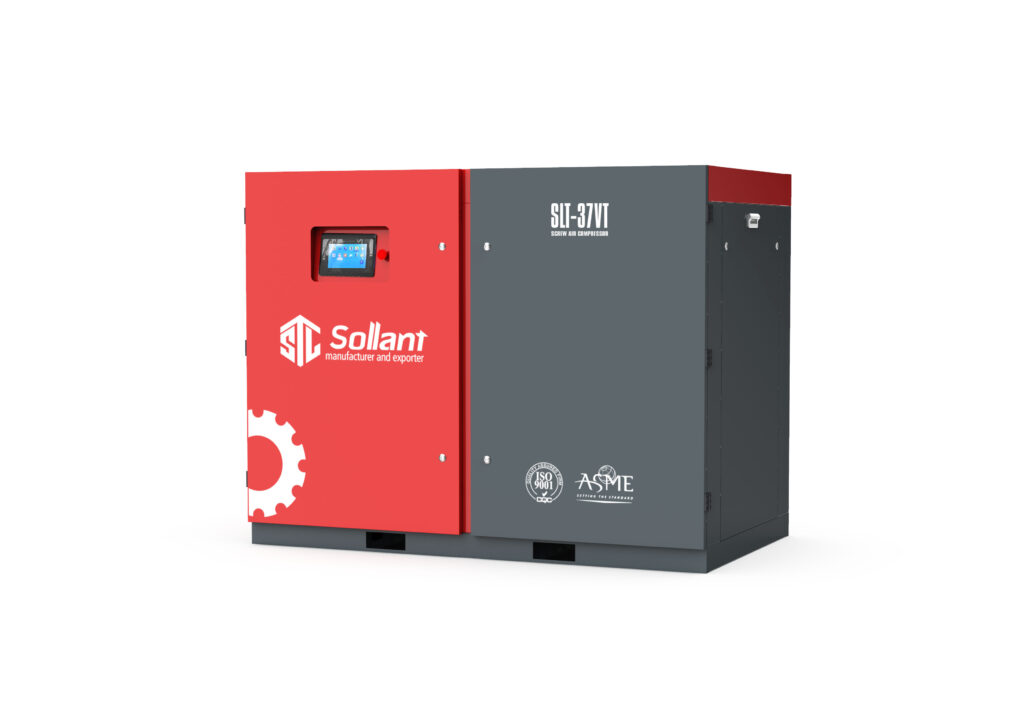
(1). Dry atmospheric corrosion. At this time, there is basically no water vapor in the atmosphere, and ordinary metals form an invisible oxide film at room temperature. The surface of the steel remains shiny.
(2). Humid atmospheric corrosion. It refers to the corrosion of metal under a thin film layer invisible to the naked eye. At this time, there is water vapor in the atmosphere. When the water vapor concentration reaches the critical humidity (the critical humidity of iron is 65% and the critical humidity of copper is close to 100%), there will be a thin layer of water film on the metal surface, and uniform corrosion will occur. If pollutants such as CO2, H2S, SO2, etc. exist in the atmosphere, corrosion will be significantly accelerated. Steel corrosion under atmospheric conditions is actually electrochemical corrosion under water film conditions.
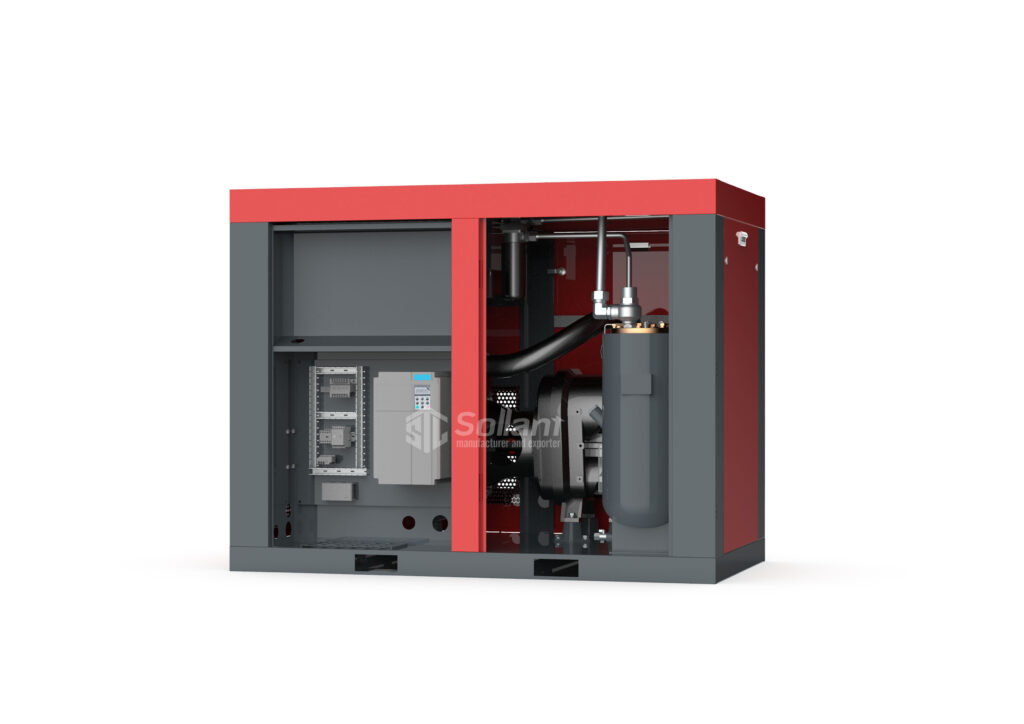
(3). Corrosion of gas storage tanks under visible liquid film conditions. It refers to the corrosion caused when the relative humidity in the air is about 100% or in rain and other aqueous solutions. At this time, the moisture forms droplets on the metal surface, and a water film is visible to the naked eye.
- Factors affecting atmospheric corrosion
(1).The influence of water. Among the substances that corrode steel in the atmospheric environment, water is the main factor (generally speaking, the greater the humidity, the stronger the corrosiveness). The corrosion principle is as follows: a. Water is an electrolyte and can also dissolve a large number of ions. , thus causing metal corrosion. b. Water can dissociate into H+ and OH—. Different pH values have a significant impact on the dissolution and corrosion of metals and oxides.
(2).The influence of SO2. In areas polluted by industrial waste gas, SO2 has the most serious impact on steel corrosion. Waste gases fueled by petroleum, natural gas, and coal contain a large amount of SO2. The corrosion rate of steel plates increases with the increase in SO2 content in the atmosphere.
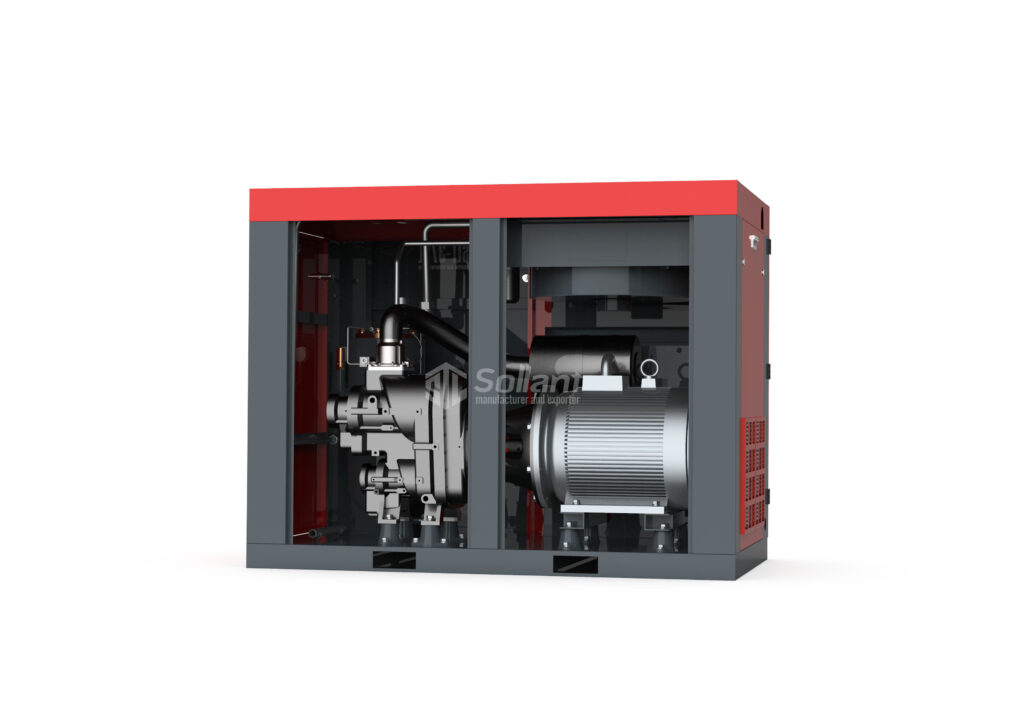
(3). Impact of ocean atmosphere. The atmosphere near the ocean contains a certain amount of salt, the main component of which is NaCl. Cl- is very corrosive, so it can aggravate corrosion. The further away from the ocean, the less salt in the atmosphere and the smaller the amount of corrosion.
(4).Other impacts. In the atmospheric environment of oil production, there may be a large amount of Cl2, NH3, H2S solid dust particles and other harmful substances, and their corrosion on the steel of gas storage tanks also increases with the increase in content. The synergistic effect of several substances will lead to increased corrosion of steel.
When configuring an air compressor, it is best to choose an air storage tank produced by a manufacturer with reliable quality. When replacing or maintaining an air compressor, you should consider the usage status of the gas storage tank to ensure normal use after replacement and avoid affecting the normal gas consumption of the enterprise.

